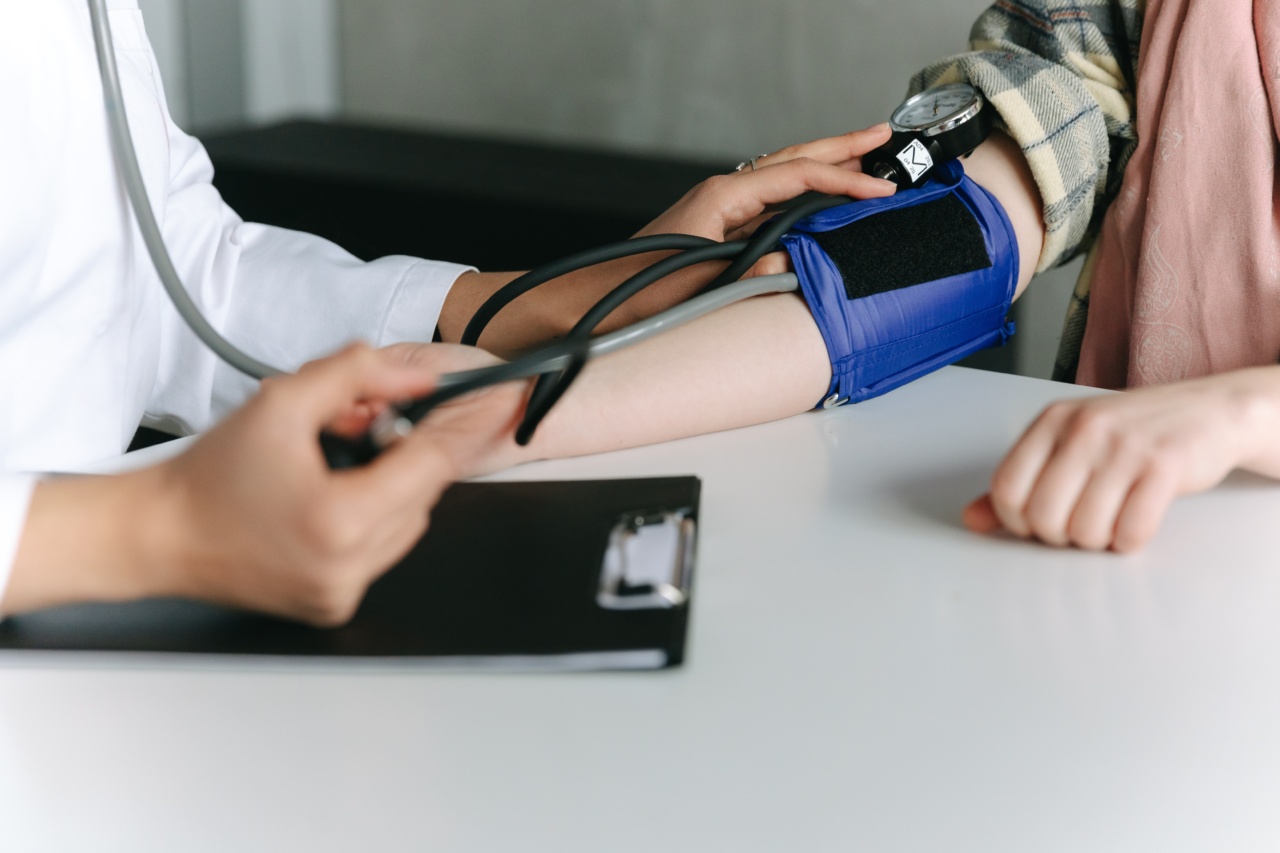Hypertension, also known as high blood pressure, is a common health condition that affects millions of people worldwide. It occurs when the force of blood against the walls of your arteries is consistently too high.
If left untreated, hypertension can lead to serious health problems, including heart disease and stroke.
Understanding Hypertension
To maintain a healthy blood pressure level, it is crucial to adopt a balanced diet and avoid foods that can contribute to hypertension.
While there are many factors that can influence blood pressure, including genetics and lifestyle choices, your diet plays a significant role in managing hypertension. In this article, we will explore five foods that can potentially increase your blood pressure.
1. Salt and Sodium-rich Foods
Salt and sodium-rich foods are notorious for causing high blood pressure. Consuming excessive amounts of salt can lead to fluid retention, increasing the volume of blood and putting more pressure on your arteries.
Common salty foods include processed meats like bacon, ham, and sausages, as well as snack foods such as chips and pretzels. It’s important to read food labels and opt for low-sodium alternatives whenever possible.
2. Caffeine and Energy Drinks
Caffeine is a stimulant that can temporarily increase your blood pressure. While occasional coffee consumption may not have a significant impact on your blood pressure, excessive intake can lead to elevated readings.
Energy drinks, which often contain high levels of caffeine, should be consumed in moderation or avoided altogether if you have hypertension. It’s crucial to be aware of hidden sources of caffeine, including certain sodas, teas, and chocolates.
3. Alcohol
While moderate alcohol consumption can have some health benefits, excessive drinking can lead to hypertension. Studies have shown that alcohol can raise blood pressure levels, especially if consumed in large amounts.
If you have hypertension or are at risk for developing it, it is advisable to limit your alcohol intake to moderate levels. Men should aim for no more than two drinks per day, while women should stick to one drink.
4. Processed and Fast Foods
Processed and fast foods are often high in unhealthy fats, sodium, and added sugars, making them a dangerous choice for individuals with hypertension. These foods typically offer little nutritional value while packing a significant caloric punch.
They can contribute to weight gain, which is associated with high blood pressure. Opt for whole, unprocessed foods like fruits, vegetables, whole grains, and lean proteins for better blood pressure regulation.
5. Canned and Pickled Foods
Canned and pickled foods are convenient and flavorful, but they often contain high levels of sodium as a preservative. Sodium helps extend the shelf life of these products but can wreak havoc on your blood pressure.
Be wary of canned soups, vegetables, and pickled snacks like olives or pickles. Opt for low-sodium or homemade alternatives whenever possible to reduce your overall sodium intake.
Conclusion
Maintaining a balanced and nutritious diet is crucial for managing hypertension.
By avoiding or limiting the consumption of salt and sodium-rich foods, caffeine and energy drinks, alcohol, processed and fast foods, as well as canned and pickled foods, you can help keep your blood pressure in check. Remember to read food labels, make conscious choices, and seek guidance from a healthcare professional or registered dietitian to develop an individualized plan that suits your specific needs.






























